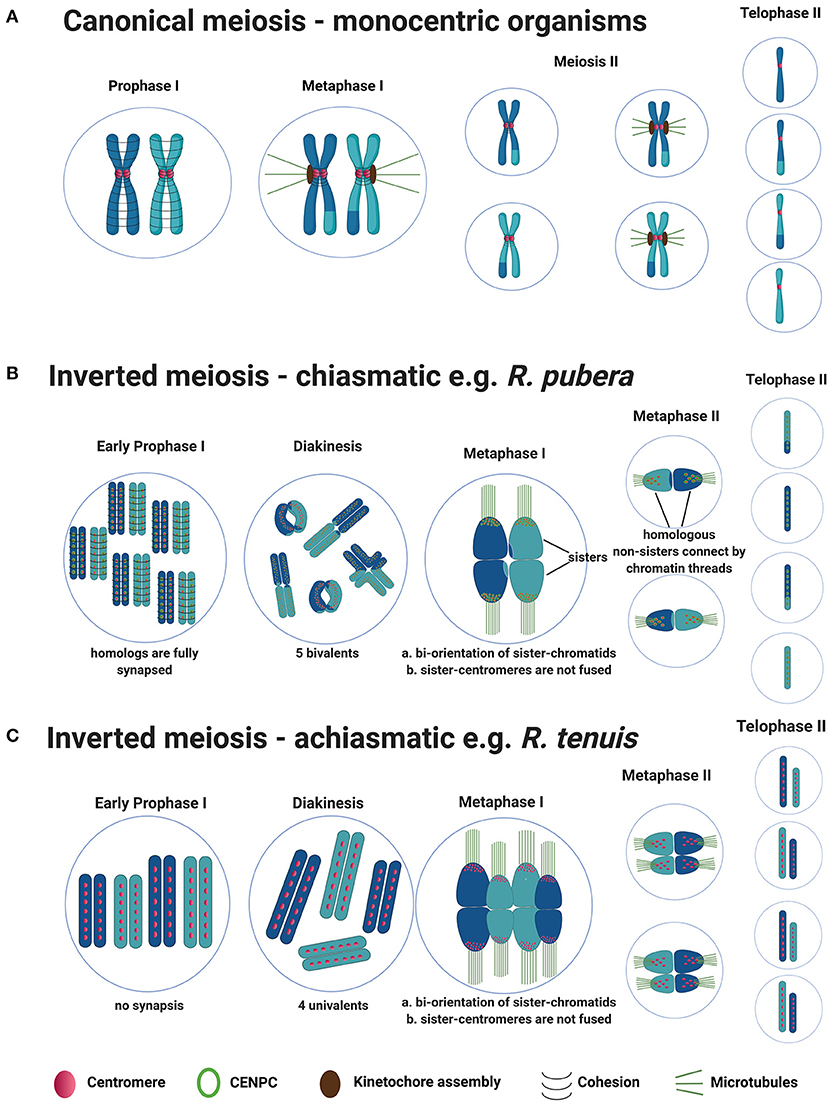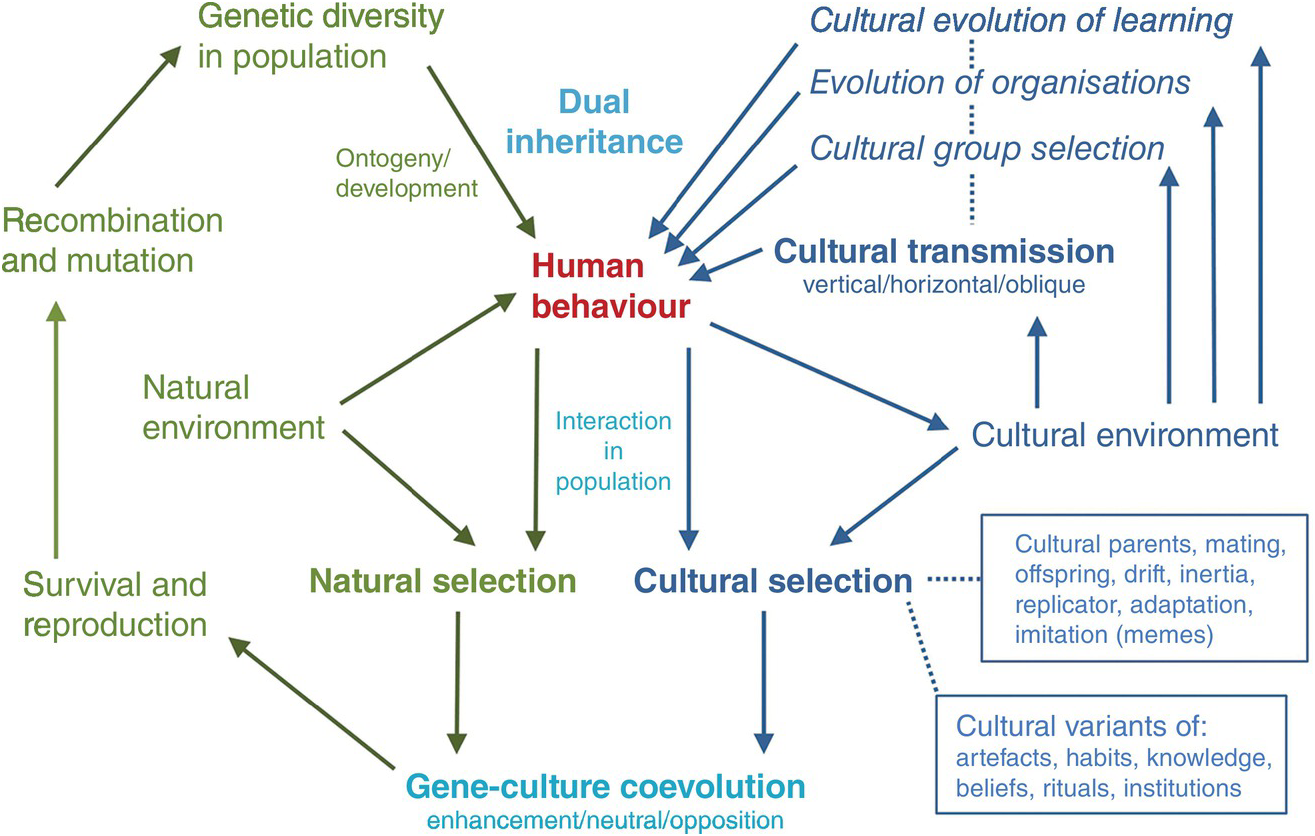Connecting The Concepts: Structural Adaptations In Land Plants
Function create_function is deprecated in homeparsianbpublic_htmlwp-loadphp on line 2 Deprecated. Structural Adaptations in Land Plants What structural adaptations enable plants to live on land.

Session Master Hot Rau Module 7 Learning Chegg Com Source: www.chegg.com
Correct answer to the question Connecting the concepts.

Connecting the concepts: structural adaptations in land plants. By developing a shoot and growing taller individual. To distribute water from the roots via the xylem and sugars from. Structural adaptations in land plants what structural adaptations enable plants to live on land.
Plants Mitosis Spore cycads Hornwort Megaspores Microspores. Connecting the Concepts. Transcribed Image Textfrom this Question.
Molecular and structural data see the Tree of Life website for a reasonably up-to-date summary of relationships among living organisms suggests that the ancestors of todays land plants Embryophyta were most closely related to modern day green algae in a group called the Charales named for Chara a genus of common algae - click here here or here and go to the bottom of the. As plants adapted to dry land and became independent from the constant presence of water in damp habitats new organs and structures made their appearance. Teak MahoganyCan grow up to several metersDropping leaves in the dry seasonFurther explanationStructural Adaptation is the process of adjusting the morphology outer structure and anatomy inner structure of an organisms.
Many plants developed a vascular system. Early land plants did not grow more than a few inches off the ground competing for light on these low mats. Stomata - small openings on the underside of leaves with the ability to open and close in order to let O2 and CO2 in.
On land plants need to develop structural support in aira medium that does not give the same lift. Function create_function is deprecated in home. The alternation of generations a sporangium in which spores are formed a gametangium that produces haploid cells and in vascular plants apical meristem tissue in roots and shoots.
Structural Adaptations for Land in Seedless Plants Key Points. As plants adapted to dry land and became independent from the constant presence of. Accomplish fertilization without an aqueous environment.
Development of seed with dormant embryo. Pores for gas exchange 3. Mar 25 2021 0340 PM.
Structural adaptations in land plants what structural adaptations enable plants to live on land. Mechanism to obtain water waxy cuticle woody tissue for support stomata vascular tissue. Four major adaptations are found in many terrestrial plants.
Part A Drag the terms to their correct locations in this concept map. Finally both gametes and zygotes must be protected from drying out. Terms in this set 21 adaptations for life on dry land.
Early land plants did not grow more than a few inches off the ground competing for light on these low mats. Surface to prevent drying out. Morphological adaptations can occur in plants.
Additionally the male gametes must reach the female gametes using new strategies because swimming is no longer possible. Structural adaptations to land-enables plants to--distribute resources by means of vascular tissue---not found in mosses---occurs in ----ferns----pine trees---consists of----phloem-----distributes sugars----xylem-----distributes water and minerals--support the body by means of call walls---that contain lignin---. Structural Adaptations in Land Plants What structural adaptations enable plants to live on land.
Some of the adaptations. Angiosperms or flowering plants are the most advanced and. Plant requirements are said to live on land namelyHas thin leaves if in a humid place Has stomata for plants in moist areasHas cambium stems hard stems Examples.
Structural Adaptation is the process of adjusting the morphology outer structure and anatomy inner structure of an organisms body to its environment. Vascular tissue Xylem - a. Week 4 Concepts Adaptations of land plants for a terrestrial existence Reviewed lignin and xylem and phloem uptake of water by roots and transport of water by vascular system Sex Meiosis and mitosis you should be familiar with these concepts Diploid cells Haploid cells Fertilization Fusion of.
By developing a shoot and growing taller individual plants captured more light. Plants developed adaptations to survive on land 1. Plumbing system to distribute nutrients and water.
Structural Adaptations in Land Plants What structural adaptations enable plants to live on land. Part A Drag the terms to their correct locations in this concept map. Support to give structure to plant body 4.
Cuticle -it is a waxy layer on the surface of the leaves and stems of land plants that help them to minimize the rate. Part A Drag the terms to their correct locations in this concept map. Plant ___ consisting of cells joined into tubes that transport water and nutrients throughout the plant body.
As plants adapted to dry land and became independent from the constant presence of water in damp habitats new organs and structures made their appearance.

Frontiers Meiosis Progression And Recombination In Holocentric Plants What Is Known Plant Science Source: www.frontiersin.org

Mastering Biology Chapter 17 18 19 20 Flashcards Quizlet Source: quizlet.com

Evolutionary Social Sciences Part Iv Human Evolution Beyond Biology And Culture Source: www.cambridge.org

Mastering Biology Chapter 17 18 19 20 Flashcards Quizlet Source: quizlet.com

Mastering Biology Chapter 17 18 19 20 Flashcards Quizlet Source: quizlet.com

The Plant Kingdom Concepts Of Biology Source: opentextbc.ca
